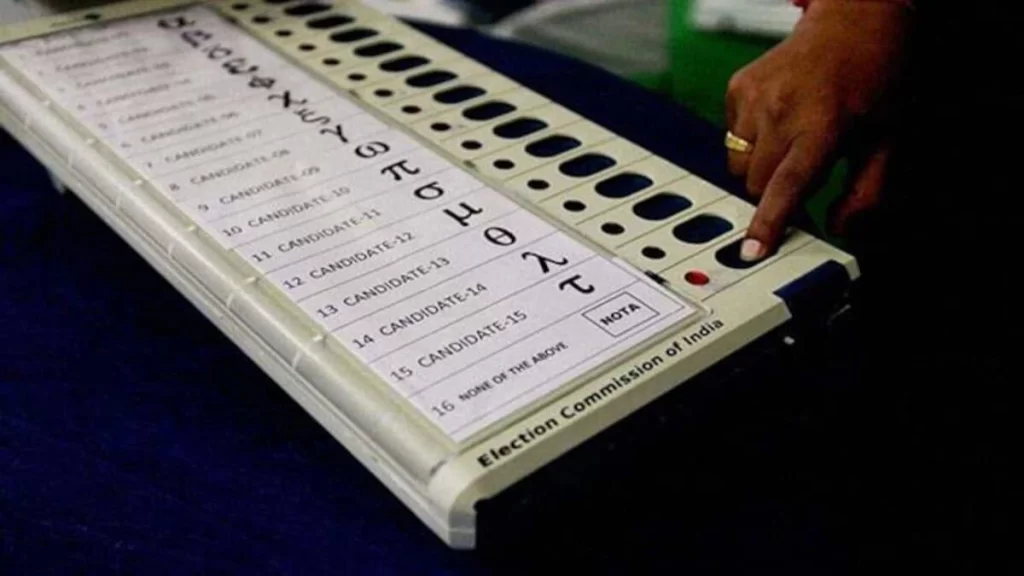Jahanvi Agarwal
The Supreme Court of India turned down a Public Interest Litigation (PIL) on September 22, 2023, which requested an impartial assessment of the source codes for Electronic Voting Machines (EVMs).
The bench, comprising CJI DY Chandrachud, Justice JB Pardiwala, and Justice Manoj Misra, stated that the case included delicate policy problems, hence the court was reluctant to get involved.
The ‘source code’ was compared to the brain of the EVMs at the onset, according to the petitioner, Sunil Ahya, who appeared before the court as a party-in-person. Consequently, he said, it needed to be audited.
He claimed that the source code audit report was not formal and was not accessible in any public repository, and that the Election Commission of India (ECI), despite his request for it in an RTI filing, was unable to supply it.
He further asserted that he approached the ECI three times but was unsuccessful in each attempt. Ahya requested that the bench take his petition into consideration, claiming that such audits were essential for the “survival of democracy.”
The bench, however, stated that it had no interest in hearing the PIL because there were already enough security audits in place to provide protection in such circumstances.
The CJI stated that:
“Every time we put out even a new application in the Supreme Court, we have to go through a security audit…Nothing can happen. Rest assured, there are standard guidelines…”
However, the petitioner questioned:
“What standard guidelines? They’re not in public domain.”
The CJI replied:
“If I start putting out source code of e-filing in public, who knows who’ll be able to hack it.”
The bench further added that:
“Petitioner places no actionable material before this court to show that ECI has acted in breach of its constitutional mandate…No material has been placed to show that ECI is not fulfilling its mandate.”
Case Name: Sunit Ahya v. Election Commission of India
Diary Number: 826/2023
Bench: CJI DY Chandrachud, Justice JB Pardiwala, and Justice Manoj Misra

